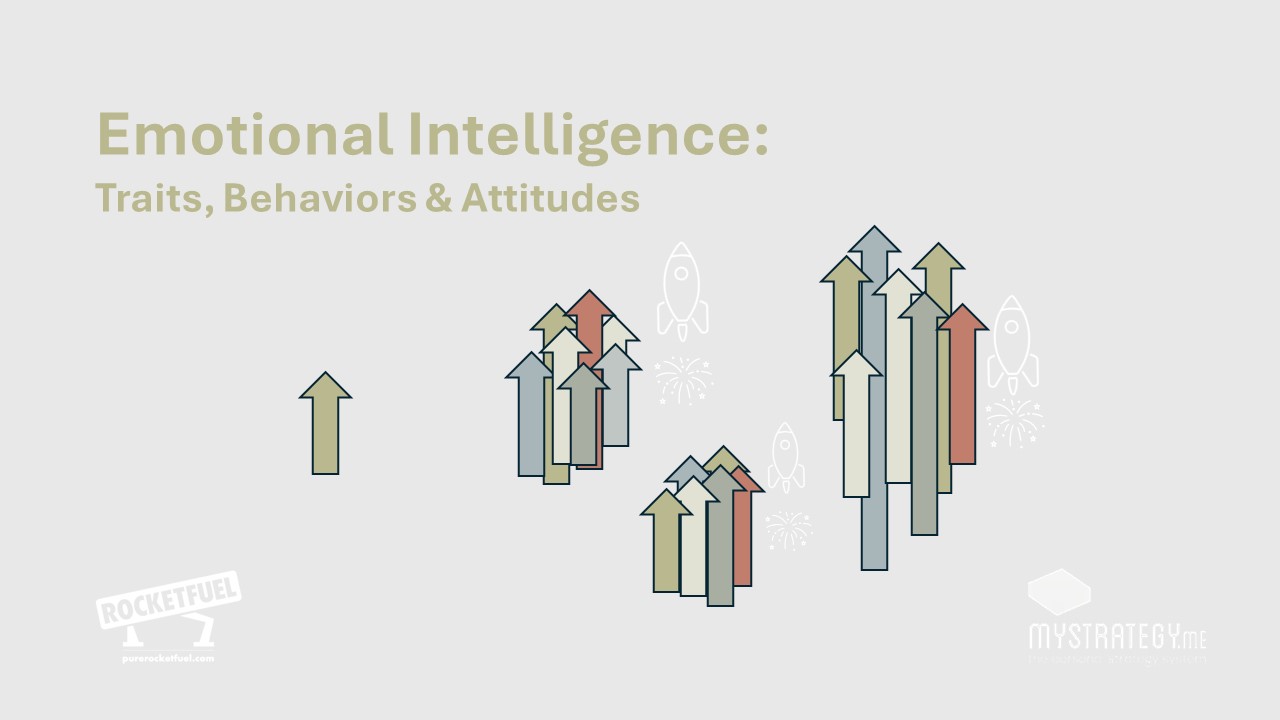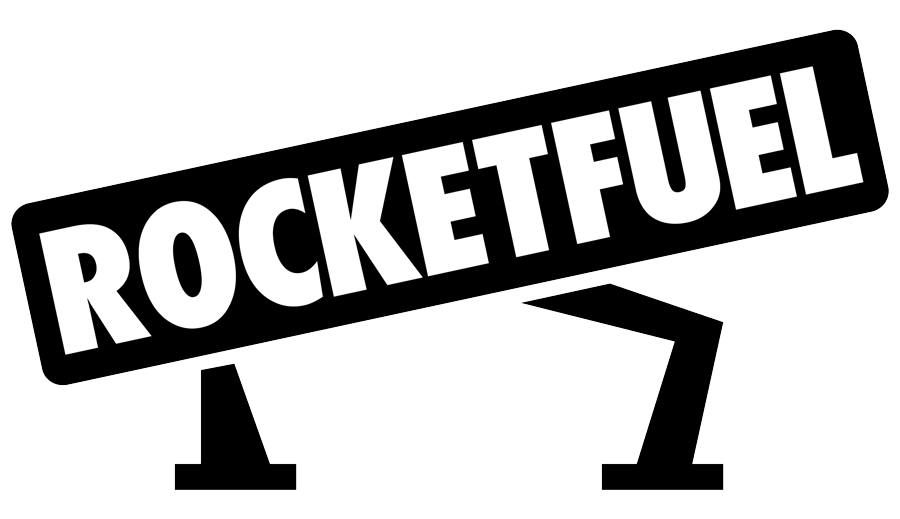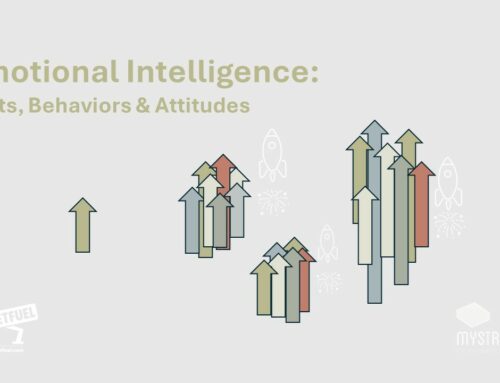
When something goes wrong, do you withdraw from the world? Then it’s time to review your emotional strength, or ‘resilience’, says Leadership & Performance Coach, Davina Greene.
Several years ago, I was doing Performance Reviews with my international teams. In one branch, there were two people with equally strong potential, at a similar career stage, with similar strengths and areas for development. I joked to myself, during prep, that I should bring both of them into the one Review meeting, to save time.
So, what happened? I carried out two individual Reviews, of course. They were hugely similar, in content and in each employee’s demeanour. One continued the day with a spring in her step; the other, once outside the room, told people that she felt a bit battered and bruised by it all, and withdrew for days.
So, what was the difference? Ultimately, it was resilience. One had work/life balance and happily saw herself as a ‘continuous learner’. The other had a life that consisted almost entirely of work, and wanted to hear nothing but achievements and positives – any suggestion of “development” was an insult. With a habit of placing unnecessarily high demands on herself, she had a far lower capacity for bounce-back to a positive state. ‘Workplace perfection’ was everything to her. I had therefore caused only stress, hopelessness and a perceived loss of control.
What Impacts Our Resilience?
Resilient, or ‘emotionally strong’, people rarely lose sight of the ongoing positives and expect to bounce back – and so, they do. Disappointment or failure means simply that something needs to be tweaked, or that learning has occurred. Change is something to which to happily adapt. Needs are to be expressed; obstacles are for working around. Problems are ultimately minor detail in a far bigger picture. This is why resilience is such a key trait in leadership.
Resilience is connected to acceptance of your ‘learner’ status. As all trainers know, learning is a process of ups and downs, moving through enthusiasm, frustration, acceptance, and then mastery. That is, your reaction to the unknown is entirely predictable – so stop being surprised by it!
Resilience is connected to flexibility. If you need high control and can see only one acceptable outcome, then you’re almost guaranteed to be upset when that outcome doesn’t happen, or happens differently.
Resilience is connected to perspective. If your world is pretty small (desk, couch, bed – desk, couch, bed …), then any impact within it is going to seem huge. If you live entirely within your zone of comfort, then anything that rocks that particularly small boat is going to seem devastating.
Resilience is connected to balance. We love to overwhelm ourselves – busy is good, let’s “have it all”. We have no personal strategy to save us from ourselves, or to compete with our inclusion in other peoples’ plans…and so, we drown.
Finally, resilience is connected to communication. Once stressed, we often hide away, embarrassed or plain paralysed. However, this prevents us from using others’ expertise to accelerate recovery.
When your resilience is shaky, it usually means that the negatives are outweighing the positives in your mind, to a more significant degree than you can naturally handle. Remember, for every piece of negativity you need five pieces of positivity. Why? Simply because negative words take far firmer hold.
How to Improve Resilience
To me, the key tools here are knowledge of yourself (so that you are not taken by surprise by your own reactions) and an ability to create and implement a plan (to get yourself back in positive motion). More than with any other trait, you must really choose to develop resilience as it’s a trait with high probability of encouraging flight more so than fight.
So, what now? Go seek out challenge and growth. For a bigger picture, read some biographies of successful people, and note all of their disasters along the way. Rest assured, resilience is a muscle that simply needs to be exercised – it can be improved, no matter how daunting it may seem.
Key points
- Accept that there is a learning process, which includes getting things wrong
- Have a greater purpose, see a bigger picture; shrink the impact of small details.
- Keep a Positivity & Gratitude journal, to help maintain the 5:1 balance
- ‘Flip’ any negatives, framing them as opportunities or learning.
- Engage with people for advice, perspective and quicker recovery
- Have a personal strategy, for drive and focus.
Interested in investing in your own personal – and personal strategy – development? Check out www.MyStrategy.me!
Share This!
About the Author



